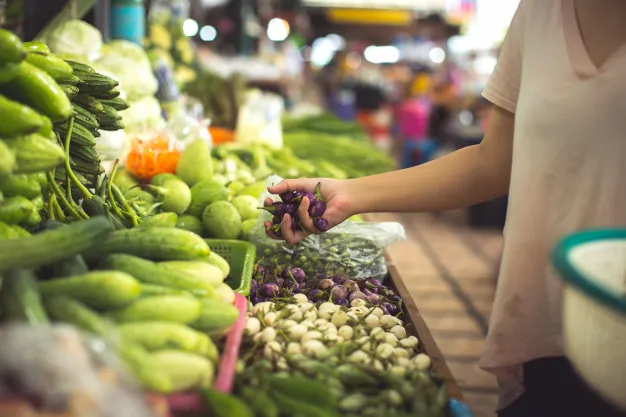Food tourism and its contributions to the 17 goals for sustainable development (GSD)
21.02.20
Image

Sustainability is key in the development of any type of tourism; its environmental, economic and cultural and social dimensions must find a balance to prevent the present development from hindering the future, so in 2015, 150 countries reached an agreement regarding this issue. 17 goals for sustainable development were defined to find such balance; these were added to other existing 169 objectives and constitute the so-called 2030 Agenda for Sustainable Development. Because of this reality, touristic destinations are eager to find resources and tools that can help them make progress in a sustainable manner.
It is, therefore, in this context that promoting food tourism as a destination, understanding this type of tourism as a group of activities that help the visitor know, experience, buy and taste the cuisine of a given destination, can be regarded as a commitment towards sustainable touristic management.
The idea mentioned above was one of the conclusions reached at the seminar organized by CETT at Casa Vicens as part of the Master’s in Innovative Tourism Management; several experts gathered at that event and discussed the role food tourism can play to meet the 17 goals for sustainable development.
According to experts, food tourism contributes to the three pillars for sustainable development: environmental, economic and social-cultural. For instance, food tourism highlights the importance of local produce and with it, the survival of certain traditional crops which, at the same time help maintain biodiversity and the preservation of certain landscapes.
Likewise, food tourism relies on other sectors that had been neglected by the tourism industry. Food producers and manufacturers play a key role in the activities around food tourism. Hence, a greater number of agents in a destination can benefit from the wealth created by this touristic activity and consequently, the economic impact tourism may bring may also increase. In terms of the economy, experts also highlighted that food tourism helps decrease seasonality and favours the creation of more stable jobs.
Another key aspect that must be highlighted is the contribution of food tourism to preserve certain crafts closely linked to food making and producing. Food tourism has become an integral part of the economic development of some rural areas. Finally, it is undeniable that food tourism contributes greatly to preserve cultural heritage since it helps the survival of local produce, traditions, crafts and myths closely linked to the gastronomy of a destination. This model of development incorporates elements of high touristic value such as local produce (tangible) and other intangible elements that enable the creation of a gastronomic story of the destination (history, traditions, celebrations, etc.)
This reality shows that for the tourism industry to be sustainable, it must grow looking for a balance between its environmental, economic and social-cultural dimensions. Food tourism can positively help towards reaching the 17 goals for sustainable development since it enhances the economic impact of tourism, reduces seasonality and helps preserve the food heritage of destinations. How to prepare to face this challenge? Through our Master in Sustainable Gastronomy or the Master in Responsible and Sustainable Tourism.
Emma Pla Rusca
Director of the Master's Degree in Tourism Innovation Management CETT-UB
Coordinator of Management of Culinary & Gastronomic Heritage Specialization